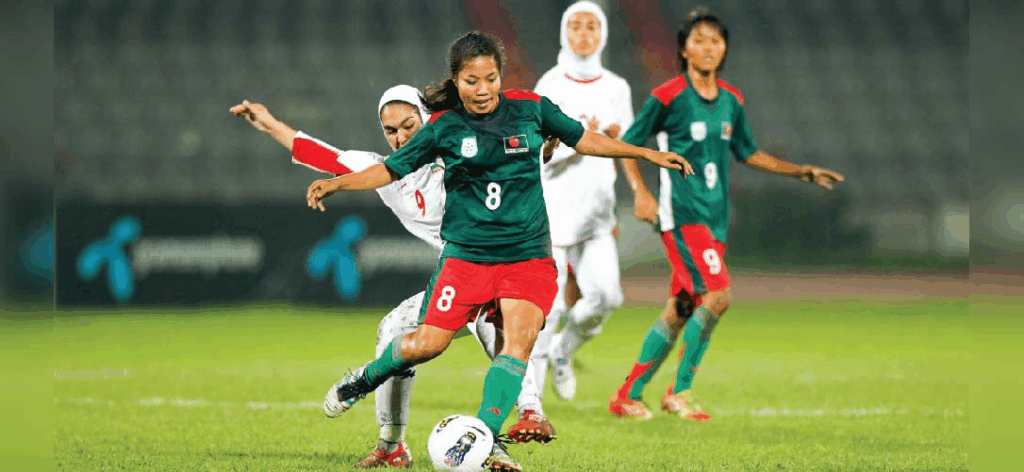In Bangladesh, roars of crowds, thud of ball off cricket bat, drama of football goals in dying minutes of long games long formed a part of the national pulse. But slowly, almost without reference to publicity, there is a different voice one hears: the voice of Bangladeshi females taking bold steps into the sporting arena. It isn’t a big noise, it is strong. It isn’t being done in a night or a day; it is present. And it is changing everything.
There was no women’s participation in sport here for decades, and participation was generally limited to being an out-of-pitch cheerleader. But in the last ten years, that’s all changed. There’s a new generation of female stars who are breaking stereotypes, playing overseas, and earning respect back home. They’re getting out onto Chittagong martial art rings and Khulna football pitches and showing that it’s a matter of ability when it’s a question of gender.
With technology, with social media, with platforms like one x bet, it is more connected than ever to this movement than they officially stand for. This is more than about sport—it is now about representation, determination, and a beginning to so much more.
Small Wins Big Impact
In Bangladesh’s example, Sabina Khatun in football and Nahida Akter in cricket came to represent what is possible. They got access to their game, and they created a route for future players. Although they’ve faced their share of roadblocks along that route–lack of investment, lack of facilities, peer pressure–they’ve continued along.
Each competition, each medal, each time they represent themselves in a national uniform tells little girls who watch that they might be next.
And it’s not stars that do it alone. In school yards and college playgrounds across the nation, more females now represent athletic teams, more mothers now support their daughters’ aspirations more coaches now offer equal time and practice. It still is unfair, but it’s growing. It’s becoming that Bangladesh women’s sporting scene is no more a moment, it’s a movement.
Technology Is Getting Their Voices Heard Sooner
Yesterday, the majority of sportswomen sat tight. Their victories never made it big in headlines. Today, with mobile internet and social media, they no longer need to be subdued. A minute clip of a thudding goal or a beautiful bowled shot in cricket can be a hit within minutes and draw everyone’s attention with cheers.

When information and conversation combine with determination, something potent occurs. And that’s what we’re witnessing today.
The Struggles Are Still Real
This revolution is not without its resistance. Numerous female athletes continue to be criticized for doing nothing more than pursuing their passion. There are problems with access to facilities, pay inequality, and even safety when they travel to competitions. Social expectations and old-fashioned notions regarding “a woman’s place” continue to suppress potential stars.
Yet in spite of the obstacles, these women persevere. And that determination is the strongest element of the narrative.
They’re not waiting for permission. They’re not asking for approval. They’re showing up, playing hard, and demanding space—one match at a time.
What’s beautiful about this revolution is that it isn’t founded on words or posters. It’s founded on action. On early morning training. On late-night bus rides to games. On standing tall after a defeat and returning stronger.
Conclusion: The Future Is Already Here
We like to describe revolutions as boisterous, extreme, and rancorous. But long-term revolutions are subtle. They build up gradually from underground to the top until one day they cannot be ignored.
That’s what’s happening in Bangladesh today. Women in sport? They’re no exception anymore. They’re becoming the rule. And with more and more backing from the crowds of spectators, families, and electronic media like one x bet, this revolution’s getting a head of speed. It’s no longer a question of whether or not there’s room for women in sport. It’s a question of how much they’re going to be able to achieve, how much mileage they’re going to be able to extract from it, and how many lives they’re going to touch along the way. Next time you’re sitting in on a game, cricket or football, or kabaddi, or whatever it is – check out a little more closely the women out there on the field. Because they’re not competing for medals. They’re fighting for changes. And they’re winning.
